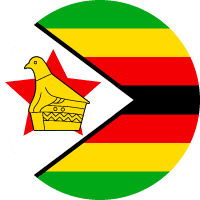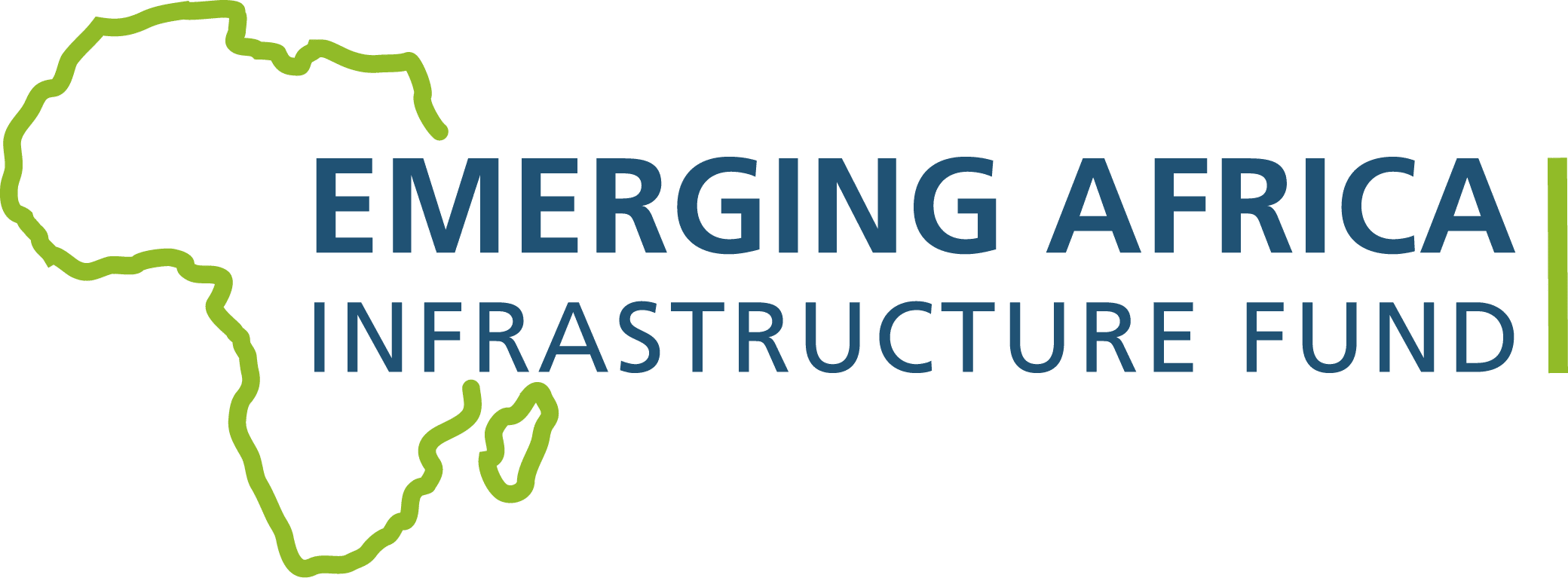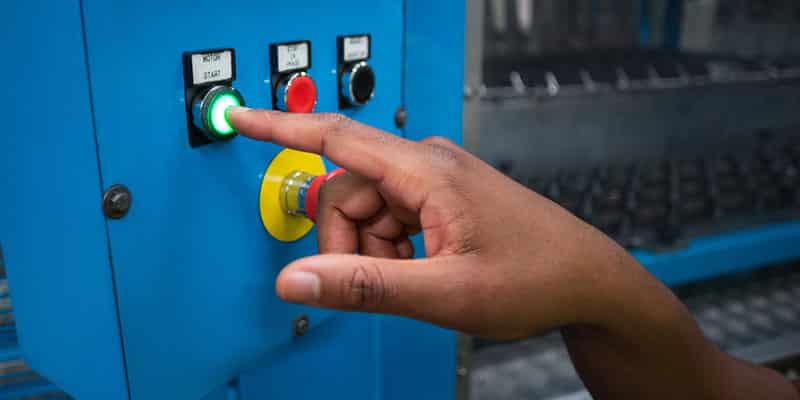
PIDG company Emerging Africa Infrastructure Fund fills funding gap in Zimbabwe border crossing project set to stimulate trade and business investment
- EAIF lends $US44 million in senior and junior debt
- Comprehensive modernisation of the entire border post
- Typical waiting times set to fall from 39 hours to three hours
- Community to benefit from infrastructure transfer
The Emerging Africa Infrastructure Fund (EAIF), part of the Private Infrastructure Development Group (PIDG) is lending US$43.7 million to a US$296 million project to modernise one of Zimbabwe’s most important border crossing posts at the border between Zimbabwe and South Africa. Zimbabwe’s government has granted a 17.5 year concession to Zimborders, a private company that will rebuild or refurbish and operate the border post, which is close to the town of Beitbridge. The government expects to see the post generate significant new business investment and activity in the region, particularly in tourism, and be a boost to business and industry across the country. Currently, some truck companies take detours of up to 300km to avoid the Beitbridge bottleneck.
EAIF was able to fill a funding gap between senior debt and equity. Signing of the finance agreement took place on 30 September 2020. Financial close (when Zimborders drew the first tranche of funds) occurred on 27 November 2020
EAIF and Afrexim were the mandated lead arrangers (MLA) of the development finance institution debt. MLAs on the commercial debt were RMB, Standard Bank, Nedbank and Absa.
Alastair Herbertson at Ninety One, EAIF’s manager, says: “As the global economy looks to minimise the damage of Covid-19, it is of greater importance than ever that transformative infrastructure is financed and built so that international trade is stimulated and goods can move across borders as quickly, efficiently and securely as possible. Zimbabwe’s new border post is a big development that will bring to an end a notorious bottleneck and help transform the region’s economic competitiveness.”
The Zimborders project has been compared with renewing every building, road, car park, office, emergency services facility and all the electricity, water, sewerage, telecommunications and IT infrastructure of a small town. The benefits of the new facility will be felt not only in Zimbabwe and South Africa, but also in those countries that import and export goods across Africa using the Beitbridge border post to access the strategic roads network serving North, South and West Africa.
The existing infrastructure is unable to cope with the huge rise in road traffic and cross-border trade Africa has seen in recent decades. Many thousands of vehicles a day use the facility. Waits of up to 36 hours are not uncommon. Truck drivers and animals in transit are often exposed to temperatures of up to 40c. The delays are costly to business and particularly inconvenient for tourist and local traffic. With new IT systems that will deliver larger and more secure revenues, more staff and enhanced traffic movement procedures, waiting times are forecast to fall to around three hours at peak times. 65% of traffic is commercial. Approximately 24% is large trucks, which contribute around two thirds of all border levies. Truck drivers will have access to modern facilities and shaded areas will be created to shelter animals from the elements.
Ownership of some of the new infrastructure will eventually be transferred to the town of Beitbridge, including housing, water distribution, a reservoir, sewerage pipes and treatment plant and the fire station, enhancing the town’s attractiveness as an investment location.
At the peak of the construction phase of the project around 350 mainly local people will be employed. 75 new permanent jobs will be created when the facility is commissioned. 35% of the current staff are women, with special measures being taken to increase the percentage of women employed.
For further information contact;
EAIF Martin Roche: martinroche55@gmail.com +44 (0)771 574 9621
PIDG Cecilie Sorhus: Cecilie.Sorhus@pidg or +44 (0)7917 302724
Ninety One: Kotie Basson: kotie.basson@investecmail.com +27 21 416 1812
About EAIF
The Emerging Africa Infrastructure Fund provides a variety of debt products to infrastructure projects promoted mainly by private sector businesses in Africa and parts of the Levant. The Fund helps create the infrastructure framework that is essential to sustained economic stability, business confidence, job creation and poverty reduction. It has to date supported 75 completed infrastructure projects across nine sectors in over 20 African countries. As of the end of 2018 the Fund had invested US$20.082 billion. EAIF is part of PIDG. EAIF was established and substantially funded by the governments of the United Kingdom, The Netherlands, Switzerland, and Sweden. It raises its debt capital from public and private sources, including Allianz, the global insurance and financial services company; Standard Chartered Bank; the African Development Bank; the German development finance institution, KFW,and FMO, the Dutch development bank. EAIF is managed by Ninety One. www.eaif.com
About PIDG
The Private Infrastructure Development Group (PIDG) is an innovative infrastructure development and finance organisation which encourages and mobilises private investment in pioneering infrastructure in the frontier markets of sub-Saharan Africa and south and south-east Asia to promote economic development and combat poverty. PIDG delivers its ambition in line with its values of opportunity, accountability, safety, integrity and impact. Since 2002, PIDG has supported 157 infrastructure projects to financial close and provided 209 million people with access to new or improved infrastructure. PIDG is funded by six governments (the UK, the Netherlands, Switzerland, Australia, Sweden, Germany) and the IFC. PIDG TA can provide technical assistance and capital grants to the PIDG companies to meet a range of needs associated with an infrastructure project’s life-cycle. PIDG TA can also provide up-front viability gap funding grants to support PIDG projects that require concessional funding to make a project with strong development impact financeable. www.pidg.org
About Ninety One
Ninety One is one of the largest third party investors in private equity, credit, public equity and sovereign debt across the African continent. The Emerging Africa Infrastructure Fund (EAIF) is managed by and fully integrated into Ninety One’s African investment platform. Ninety One manages the entire process on behalf of the EAIF. It markets the Fund, seeks projects, evaluates loan applications, including due diligence, manages transaction administration and monitors the loan portfolio. Since May 2016, when it was awarded the management mandate, Ninety One and its EAIF team have closed over 20 infrastructure transactions with a capital value of USD 650m. The team also led EAIF’s last round of fundraising, raising US$385 million, including US$100 million from Allianz Global Investors and US$50 million from Standard Chartered, a long-standing lender to EAIF.
Ninety One is an independent, active global asset manager listed on the London and Johannesburg stock exchanges. Established in South Africa in 1991, as Investec Asset Management, the firm was a pioneer in emerging markets in Africa. In 2020, almost three decades of organic growth later, the firm de-merged from Investec Group and became Ninety One. Today, Ninety One offers distinctive, active strategies across equities, fixed income, multi-asset and alternative investments to institutions, advisors and individual investors around the world. www.ninetyone.com



